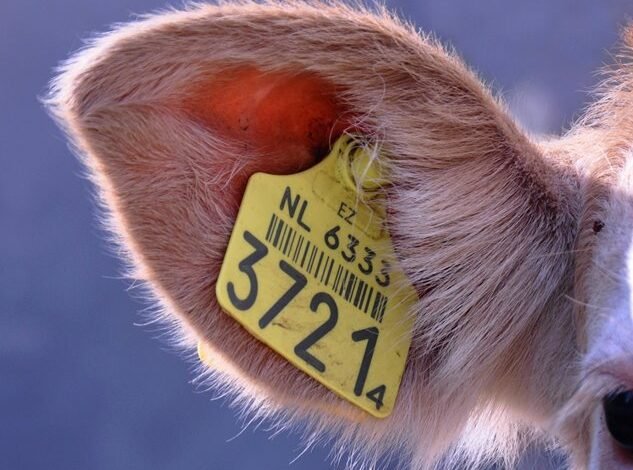Caller Tracking Regulation Risk Defense Network 3802339096 3398493042 3805886822 3484462290 3511014396 3889727221

The Caller Tracking Regulation Risk Defense Network, represented by numbers such as 3802339096 and 3398493042, addresses the intricate issues surrounding compliance in caller tracking technologies. As businesses increasingly adopt these systems, the network emphasizes the importance of understanding regulatory frameworks and upholding consumer rights. This focus on ethical practices raises critical questions about privacy and trust in digital communications. What implications might arise as these technologies evolve further?
Understanding Caller Tracking Technologies
Caller tracking technologies have emerged as pivotal tools in the landscape of marketing and customer relationship management.
These innovations leverage caller identification to enhance business intelligence, allowing organizations to analyze customer interactions effectively.
Recent technology advancements have refined these systems, enabling accurate data collection and improved targeting strategies, ultimately fostering a more personalized marketing approach while maintaining an emphasis on consumer engagement and satisfaction.
Privacy Concerns and Consumer Rights
As businesses increasingly adopt caller tracking technologies to enhance their marketing strategies, significant privacy concerns regarding consumer rights have arisen.
The acquisition and utilization of consumer data without explicit consumer consent pose risks to individual privacy.
Furthermore, inadequate data protection measures can exacerbate these issues, leading to potential abuses and erosion of trust, thereby highlighting the urgent need for robust consumer rights in the digital age.
Regulatory Landscape and Compliance Challenges
While the adoption of caller tracking technologies offers businesses significant advantages, navigating the regulatory landscape presents formidable challenges.
Organizations must develop robust compliance strategies to adhere to diverse regulatory frameworks that vary by jurisdiction.
Failure to comply can lead to severe penalties, underscoring the necessity for companies to remain vigilant and proactive in understanding and implementing these regulations to ensure operational freedom while protecting consumer rights.
Future Trends in Caller Tracking Systems
Innovations lie ahead for caller tracking systems as technology and consumer expectations evolve.
AI advancements will enhance data analytics, providing deeper insights into caller behavior.
Improved integration capabilities will allow seamless connections with existing systems, enhancing user experience.
As privacy concerns grow, solutions will need to balance functionality with ethical considerations, ensuring that caller tracking remains effective while respecting individual freedoms.
Conclusion
In conclusion, the Caller Tracking Regulation Risk Defense Network underscores the necessity for businesses to navigate the intricate regulatory landscape surrounding caller tracking technologies. With increasing consumer awareness, a hypothetical case where a company faced legal repercussions for failing to secure user consent illustrates the critical importance of compliance and ethical practices. By prioritizing privacy and adhering to regulations, businesses can foster consumer trust while effectively leveraging caller tracking systems for enhanced engagement and marketing strategies.




